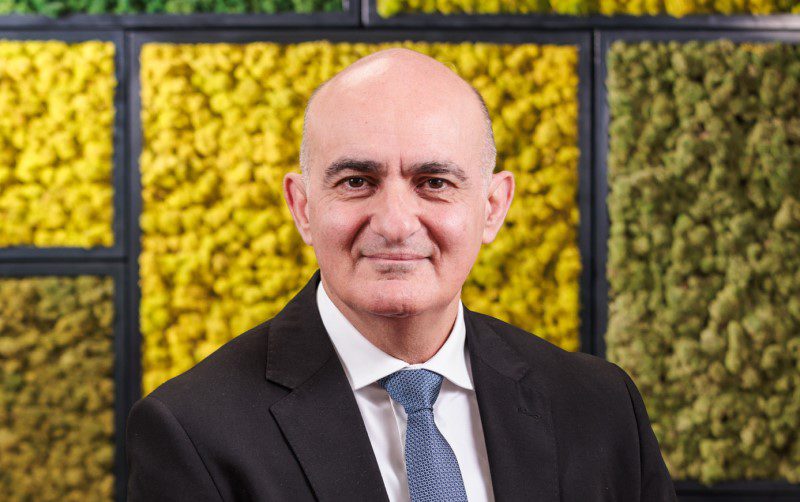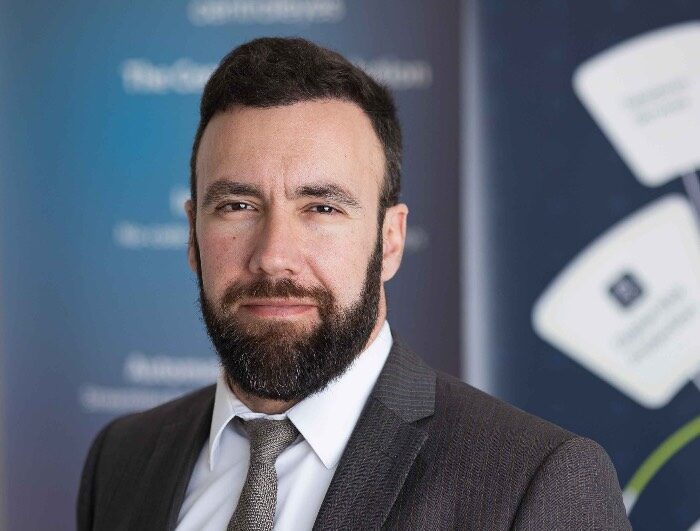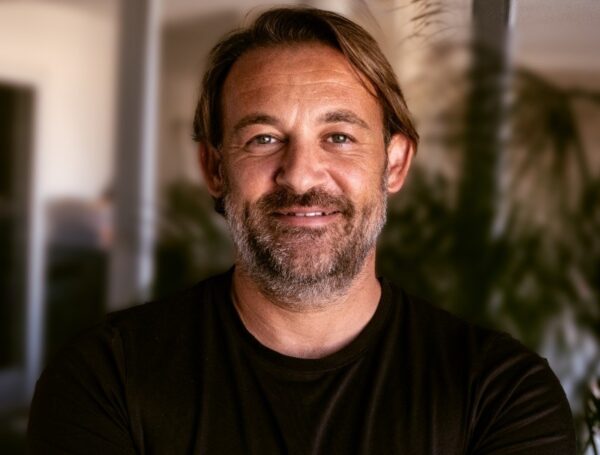APS Bank CEO Marcel Cassar has remarked that the bank’s performance should pick up throughout the rest of 2024, after it suffered a drop in profitability during the first three months of the year.
He was speaking as the bank announced its financial results for the opening three months of 2024 (Q1 2024), in which at group level, it posted a pre-tax profit of €5 million, 36.5 per cent lower than the same period last year (Q1 2023: €7.9 million). This is primarily a result of interest margins compression following a period of higher interest rates. In fact, net interest income for the quarter decreased to €16.7 million (Q1 2023: €18.4 million), mainly because of continued competitive pressures and high interest rates, prompting interest payable to more than double over figures from the same period last year.
At group level, the balance sheet grew at a slower pace than it did in Q1 2023, with total assets and liabilities increasing by 1.8 per cent to a total of €3.7 billion. The main contributors were the growth in loans and advances to customers and syndicated loans, expanding by €28.8 million across the retail, primarily home loans, commercial and international syndicated loan books.
Mr Cassar noted that at first glance, the drop in revenue and profit may seem like a “reversal of fortunes,” as the bank has enjoyed steady growth in profitability over recent quarters.
“But what we’ve been experiencing since last year, thanks to an environment of higher interest rates, was anticipated to show up in a compression of our interest margins,” he clarified. Mr Cassar noted that APS Bank’s strategy behind its business model remains focused on not increasing home loan rates and seeking to offer the “lowest possible pricing” on products that represent its social and green agenda. He said that in this respect, it aims to remain competitive through its commercial lending, while also passing on interest rate increases to depositors.
“As Malta continues to perform well, and the global economy shows signs of resilience support by a more benign outlook on inflation, it is easy to overlook that there are some very rough seas out there, with many geopolitical hotspots that continue to fuel uncertainty,” he affirmed.
Mr Cassar said that while there is pressure on APS Bank’s margins, it is taking the “necessary corrective actions” and is confident that its business model “will deliver stronger, sustained returns over the medium to longer term.”
In the presentation of the results, held on Thursday, Mr Cassar also said that APS Bank’s performance should improve in the remaining quarters of the year, with the bank seeking growth opportunities in other sources of revenue.
At one point, he was questioned whether given that official interest rates are expected to start falling by the summer will lead to the bank’s profits to also decrease. Mr Cassar said that this is difficult to say, as it all depends on the level of pass-through of interest rates.
“Higher interest rates typically lead banks to earn higher profits because the increases allow them to benefit from the widening spreads. So, a stabilisation, and lowering of interest rates, should in theory slow down that speed of profits. But it’s difficult to predict the extent and timing how this would happen,” he explained.
Featured Image:
APS Bank CEO Marcel Cassar / APS Bank
Winston Zahra: ‘Malta shouldn’t pursue luxury tourism alone’
He cited destinations like Ibiza that successfully blend mass and high-end tourism.
Many benefits to shorter workweek, but Malta ‘faces more pressing issues,’ says economist
Any attempt to introduce a four-day working week ‘must be done gradually,’ says Prof. Philip von Brockdorff.
Franklin Cachia appointed Chief Legal and Compliance Officer at MiFinity
His professional background spans legal, tax, compliance and regulatory advisory across multiple sectors.
Colin B. German takes up General Manager role at cybersecurity firm 7Camber
7 Camber offer penetration testing to uncover vulnerabilities before attackers do.









